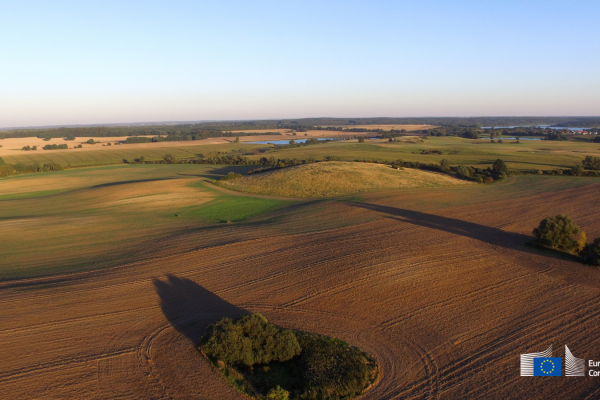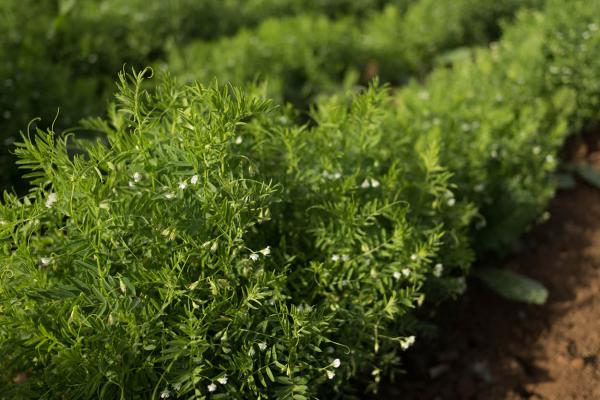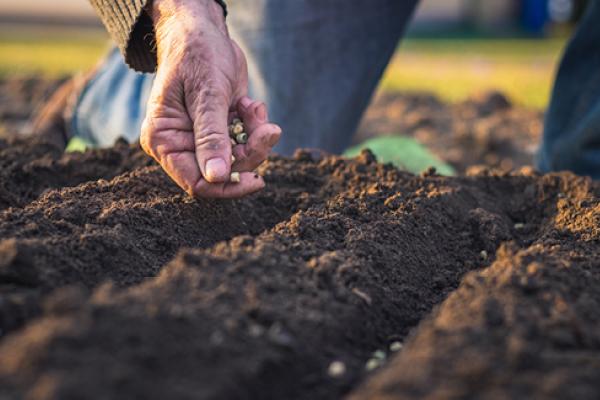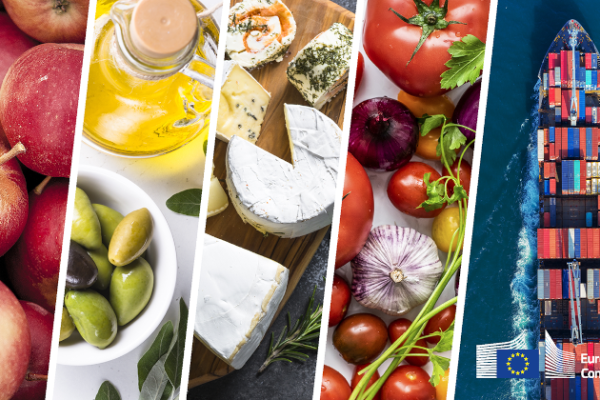Conditionality explained
In order to receive EU income support, farmers must respect a set of basic rules. The interplay between this respect for rules and the support provided to farmers is called conditionality.
Rules farmers are expected to comply with include:
-
statutory management requirements (SMRs), these apply to all farmers whether or not they receive support under the common agricultural policy (CAP);
-
good agricultural and environmental conditions (GAECs), these apply only to farmers receiving support under the CAP.
Farmers violating EU law relating to environmental, public and animal health, animal welfare or land management will have their EU support reduced and may face other penalties.
Aims of conditionality
Through conditionality (previously known as cross-compliance), farmers are encouraged to comply with high EU standards for public, plant, and animal health and welfare. Conditionality plays a role in making European farming more sustainable.
CAP 2023-27
In June 2021, following extensive negotiations between the European Parliament, the Council of the EU and the European Commission, agreement was reached on reform of the common agricultural policy (CAP). This agreement was formally adopted on 2 December 2021, and the CAP 2023-27 entered into force on 1 January 2023.
Compared to the previous CAP (2014-22), the rules for conditionality include a higher level of ambition in several domains, as it includes the most effective aspects of the greening practices into new conditionality rules.
Related information
Statutory management requirements
All farmers, whether receiving CAP support or not, have to respect statutory management requirements (SMR).
The SMR include EU rules on public, animal and plant health, animal welfare, and the environment.
Public, animal and plant health
- General food law (Regulation (EU) No 178/2002)
- Directive on the use of hormones (Council Directive 96/22/EC)
- Regulation on plant protection products (Regulation (EC) No 1107/2009)
- Directive to achieve a sustainable use of pesticides (Directive 2009/128/EC)
Animal welfare
- Directives on the protection of calves, pigs and animals kept for farming purposes (Council Directive 2008/119/EC, Council Directive 2008/120/EC, Council Directive 98/58/EC)
Environment
- Directive establishing a framework for Community action in the field of water policy (Directive 2000/60/EC)
- Directive on the use of nitrates (Council Directive 91/676/EEC)
- Directive on the conservation of wild birds (Directive 2009/147/EC)
- Directive on the conservation of natural habitats and of wild fauna and flora (Council Directive 92/43/EEC)
Good agricultural and environmental conditions
In addition to the statutory management requirements, farmers receiving CAP support have to respect EU standards on good agricultural and environmental condition of land (GAEC).
These standards are designed to:
-
maintain a stable area of permanent grassland;
-
protect wetlands and peatlands;
-
maintain soil organic matter and soil structure through a ban of burning arable stubble;
-
protect water from pollution through the establishment of buffer strips along water courses;
-
prevent soil erosion through relevant practices;
-
protect soil by defining rules for minimum soil cover;
-
preserve the soil potential through crop rotation;
-
maintain non-productive areas and landscape features, and ensure the retention of landscape features through, for example, a ban on cutting hedges and trees during the bird breeding and rearing season;
-
protect environmentally-sensitive permanent grasslands in Natura 2000 sites.
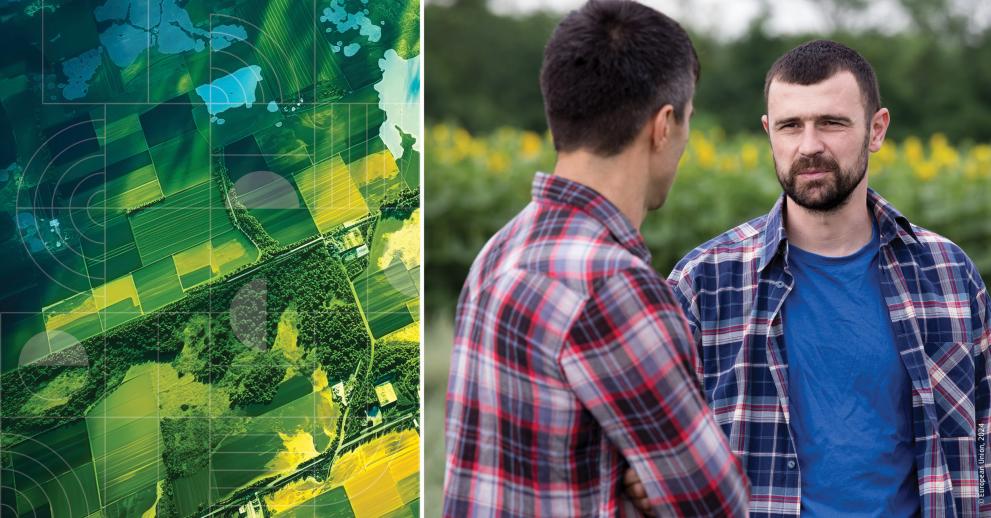
In 2024, the European Commission proposes a review of certain conditionalities in view of farmers’ calls for more simplification, flexibility and to ease the pressure weighting on them.
Commission proposes targeted review of the CAP to support EU farmers
Penalties for non-compliance
Under the conditionality system, farmers not respecting EU rules can see the following support reduced.
-
Direct payments (decoupled or coupled).
-
Most rural development payments: area-based payments including agri-environmental and climate commitments, areas with natural constraints, NATURA 2000 measures, afforestation measures, forest environmental payments, agroforestry, organic farming.
-
Wine sector payments: restructuring and conversion of vineyards and green harvesting.
Related information
Legal basis
Conditionality is governed by:
-
Rules on support for Strategic Plans drawn up by EU countries under the common agricultural policy (Regulation (EU) 2021/2115) (Delegated Regulation (EU) 2022/126);
-
Rules on the financing, management and monitoring of the common agricultural policy (Regulation (EU) 2021/2116) (Implementing Regulation (EU) 2022/128).
Related links
The CAP sets out to tackle climate change, protect natural resources and enhance biodiversity in the EU.
Explanation of the objectives of the common agricultural policy for the 2023-27 period with supporting analysis and assessments of their policy relevance.

